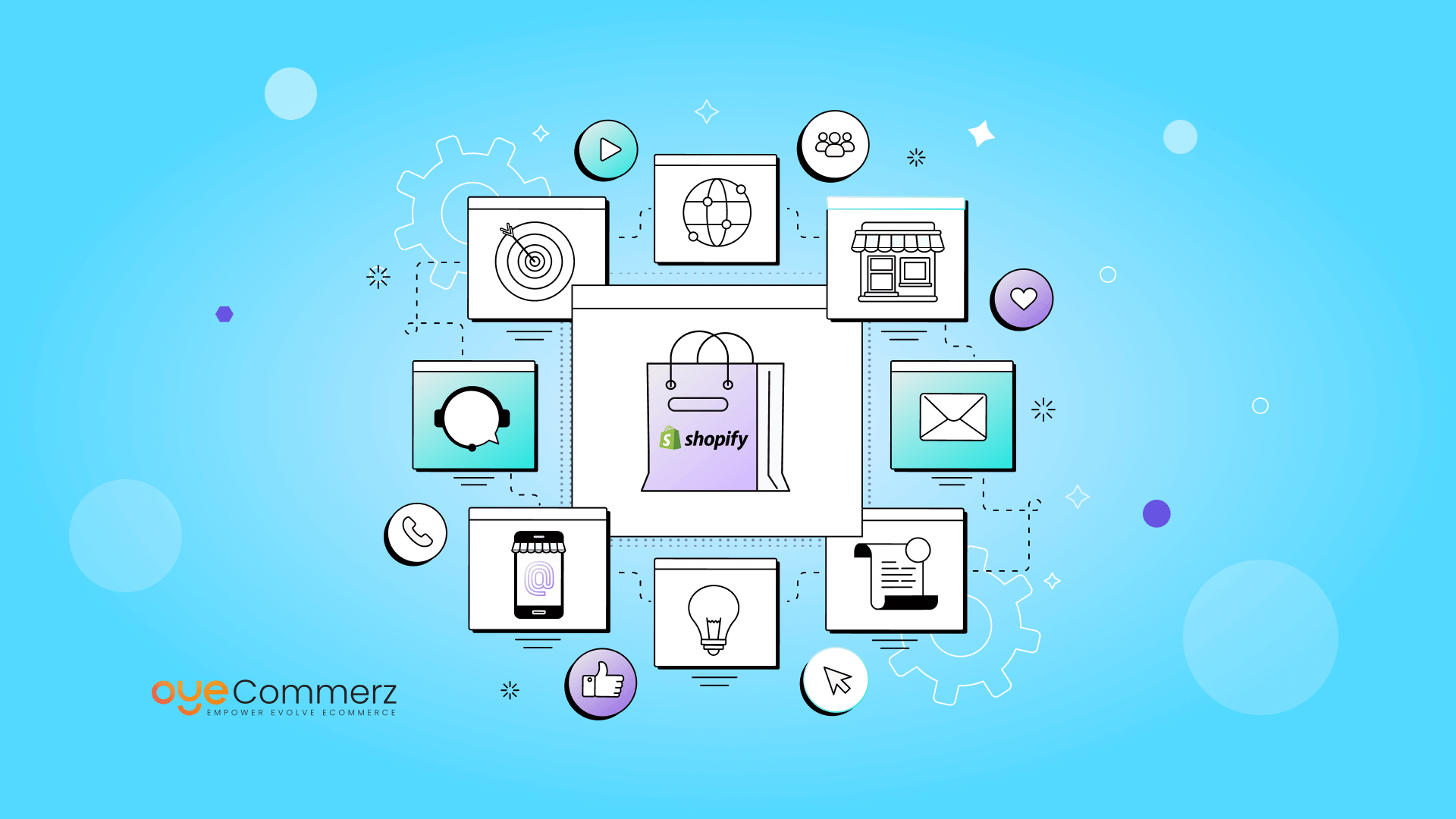Overview
In the current competitive e-commerce environment, standing out is essential, and a top method to set apart a Shopify store is through custom app development. A well-built Shopify app can boost store capabilities, streamline operations, and boost customer interaction. This guide delves into essential elements of Shopify app development, covering API integration and app ecosystem to scaling strategies and promotion methods, providing a roadmap for businesses seeking superior store efficiency.
The Importance of Shopify API Integration
Shopify’s API offers robust tools to personalize and expand store functionalities. With the GraphQL and REST API options, developers can retrieve information to build applications that manage inventory control, order handling, and customer data management smoothly. Using Shopify’s API can enable improved workflow automation and allows stores to assist shoppers more effectively.
Adopting the Polaris Design System
Shopify’s Polaris is Shopify's design system for designing user-friendly and easy-to-use Shopify apps. By following Polaris guidelines, developers ensure that apps integrate smoothly within the Shopify Admin experience. This ensures a cohesive appearance that appeals to Shopify merchants, encouraging usability and familiarity for merchants utilizing your tailored app.
Navigating the Shopify App Ecosystem
The Shopify app ecosystem offers endless possibilities for improving online stores. From handling order fulfillment to increasing customer interaction, apps in this ecosystem are designed to meet various business needs. Learning about this ecosystem assists developers in identifying unique app ideas and allows for seamless integration of third-party services that enhance the store.
Building Embedded Shopify Apps
Embedded apps integrate directly within the Shopify Admin, providing a smooth interface for merchants. They allow merchants don’t have to leave their Shopify control panel, simplifying their process. Employing Shopify App Bridge and embedded app capabilities is a best practice for providing a cohesive, integrated user experience.
Using Node.js and React for Shopify Apps
The technologies Node.js and React have emerged as ideal tools for Shopify app development. This server-side framework enables high-performance server-side applications, while React allows for dynamic, responsive front-end design. Together, they provide an excellent platform for creating speedy, scalable Shopify apps that improve store functionality and customer interaction.
Webhooks in Shopify Apps
Webhooks allow real-time data updates between Shopify and an outside application. They initiate events such as order creation or inventory updates and provide immediate notifications to your app. By utilizing webhooks, apps can provide up-to-date insights for store owners, streamlining workflows and boosting productivity.
Engaging Customers Through Digital Marketing for Shopify Apps
To make a Shopify app successful, engaging customers is crucial. Using online marketing techniques like SEO, email marketing, and social outreach can increase app usage. Additionally, creating applications with customer engagement in mind (e.g., loyalty programs or personalized recommendations) boosts user retention and satisfaction.
Scaling Your Shopify App
As e-commerce stores expand, so do their technology requirements. Making sure that your app can manage increased traffic, larger data sets, and more advanced functionalities is essential. By optimizing server capacity and using scalable solutions, you can create apps that expand in tandem with a store’s success.
Essential Features and Maintenance for Shopify Apps
For an app to be useful, it should include essential features like user login, dashboard analytics, and support channels. Ongoing app upkeep, with updates to fix bugs and compatibility checks with new Shopify features, is vital to ensure uninterrupted performance Shopify API tools and prevent disruptions to business processes.
Conclusion
Custom Shopify app development offers immense opportunities for e-commerce businesses, offering the chance to improve store functionality, simplify operations, and foster customer loyalty. With API integrations and Node.js to focusing on scalability and customer engagement, building a Shopify app involves careful planning and well-planned actions. If you’re ready to unlock your store’s full potential, a tailored Shopify application could be the perfect choice. What capabilities do you envision for your ideal app? Share your ideas and begin the journey to an enhanced e-commerce Professional Shopify app services journey!
